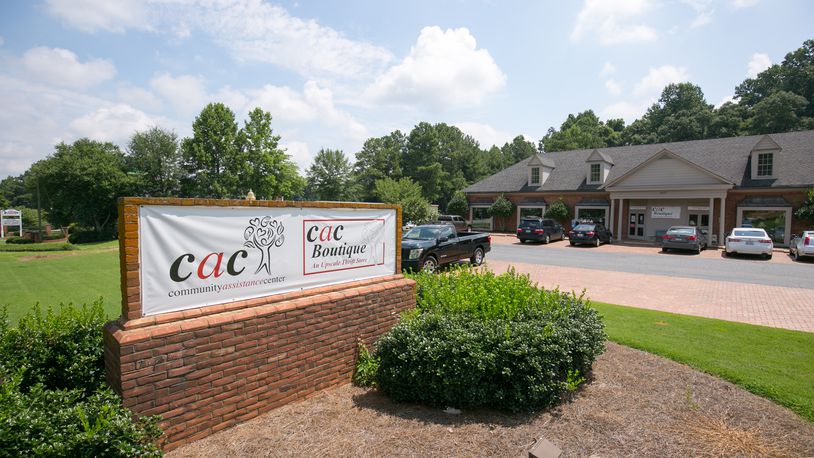
A troubling corporate investment strategy of buying properties with the intent to rent them on a short-term basis is having a major negative impact on residential neighborhoods and overall housing affordability. A recent Harvard Business article offers insight into how this strategy is presenting problems for cities.
Renting apartments or homes on a short-term basis is not a new concept; some investors have utilized this approach for decades. With sites like AirBnB, VRBO, etc. it is now easier than ever for anyone to rent their apartment or home on a short-term basis.
Short-term rentals have become controversial in many communities. Initially, the biggest opposition came from the hotel industry, which argued that these rentals are functioning as hotel properties without being subject to the same regulations or taxes. More recently, community residents have also expressed concern over the impacts short-term rentals have on their local neighborhoods.
In July the Sandy Springs Planning Commission recommended approval of changes to the city’s short-term rental regulations to limit rentals of up to 100 days a year or less. The new zoning regulations include the rental of all or part of a dwelling unit.
Short-term rentals reduce the affordable housing supply. Any housing unit that was previously occupied by a city resident but is now listed on one of the short-term rental sites year-round, is a unit that has been removed from the rental market and added to the community’s supply of hotel rooms. If a property owner or leaseholder can rent out their property cheaper than the price of a hotel room, there is an overpowering incentive to list each unit as a short-term rental rather than rent to local residents. This leads to fewer long-term rental options and increases in rent.
There are additional negative consequences that cause residents to suffer. Neighbors of the short-term rental properties, who expected to live in reasonable peace and quiet, in a calm residential area are contending with a revolving door of short-term guests in their neighborhoods. Often, with very little oversight by the property owners of these short-term rental properties, there is the potential for unwelcome noise, parties, and even criminal activity to occur.
In a city like Sandy Springs where rental costs have soared, shouldn’t we consider some additional policies around short-term rentals that have been adopted in other cities, such as:
- Creating an occupancy tax on all short-term rentals and allocating the funds to an Affordable Housing Trust Fund.
- Enacting policies that prevent landlords who have evicted a tenant without fault from listing the unit in question as a short-term rental for a one-year cool-down period.
- Limiting short-term multi-unit rentals in buildings that meet a target affordability threshold. For example, only allowing STRs in neighborhoods or buildings where 30% of the units are affordable, which would incentivize property owners to subsidize apartments that are currently priced at the market rate in order to “free up” units for short-term listings.
We must reach a fair and equitable decision that allows for both current and future homeowners in Sandy Springs and communities across the nation to be able to settle down in a nice, affordable neighborhood free from the fear of the negative consequences that come with short-term rental properties.








